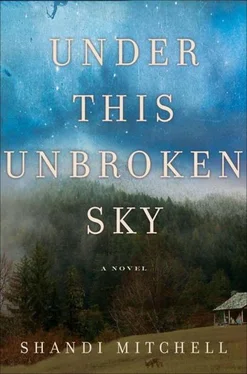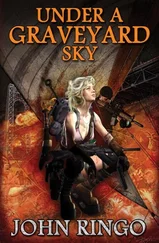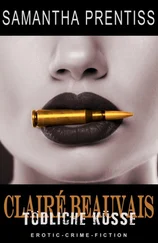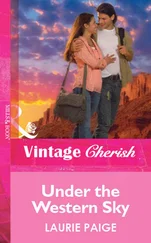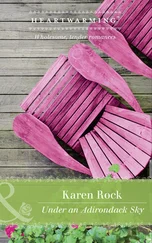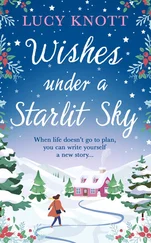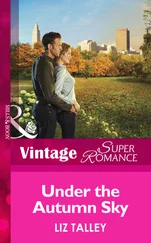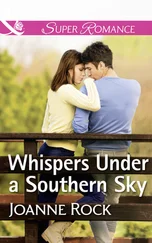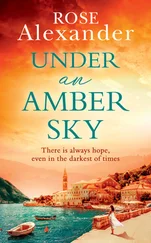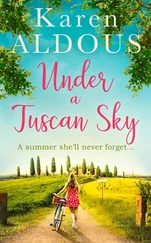They sit heavily in the dirt as they root for the ripest vegetables to pluck. Their fingers automatically search out potato weevils and cabbage thrips and smush them as absently as brushing away crumbs. The heat keeps them pressed close to the earth’s coolness. Maria fills the extra daylight hours with more chores: gather wild raspberries, sterilize jars, muck the barn, change the hay, repair the willow fence, stake unruly plants, fertilize, weed, water… a never-ending list of things to do.
Vegetables pile up on the table and on the floor, some for tonight’s dinner, the rest to be washed and pickled. Braids of onion and garlic hang from the rafters. Dill dries in upside-down bunches. As Maria bottles the eighteenth jar of yellow beans and looks to the next three pails awaiting her, she decides that it is time to go to town.
She chooses Dania and Lesya to accompany her. Sofia is relieved that she won’t have to carry the heavy baskets or be seen selling wares on the street, but is also dismayed that she won’t see the new Sears Roebuck catalog or be noticed by an English boy. The children sort the vegetables, scrub them, separate the bruised and damaged, then pack the flawless in baskets nestled with straw. They cover the bounty with crisp, white linen cloths and line them up on the parched, dusty grass. They step back and admire the half-dozen baskets laden with treasure, a caravan of riches about to embark on a journey. Maria knocks on Anna’s door and asks whether she would like to come.
Anna has put on weight. Her face is tanned from helping in the garden. Her shorn hair has grown a little and she even let Maria trim it once. She manages to help with the canning, smiling and nodding as if she is listening. Only when Maria looks directly at her while recounting a child’s indiscretion or a day’s funny event is she unsettled by the emptiness of her sister-in-law’s eyes. Anna must notice, because invariably she contributes to the conversation, more of a query to keep Maria talking, or remembers something else she needs to do and turns away.
Every morning, Anna goes for a long walk. She follows the same path west toward the bush. She doesn’t wipe away the sweat damping her face. She lets her skirt trail in the dust. She walks briskly, her breath labored, until she reaches the shade of the trees. Then she slows and carefully searches for signs. A paw print or a tuft of fur. She stops at a hollow beneath two twisted poplars. This is where the grass is trodden down and the dirt sometimes scratched away. This is where they sleep.
Initially, Anna would quickly leave her offering of a piece of bread, a half-eaten pyrih, or a cracked egg, a gift of thanks, and hurry away, not wanting to trespass. She would retreat to the stone wall and watch for their shadows darting between the trees. Rarely would she catch a glimpse. But every morning when she returned, the food would be gone. Lately, Anna lingers at the spot. She has started to leave her scent. She has sat on the grass. Touched the tree. Took a bite of the bread. Left a stocking. She wants to tell them, I am one of you.
The coyotes have moved farther away these last few weeks. Fatted and contented, they have retreated into the wilds to feast on gophers, rabbit, and fawns. But there is at least one that has stayed for her. She has seen its print in the mud. When she placed her hand over it, she was surprised that its track was smaller. She sits still, hoping she is being watched.
As the blistering sun climbs, Anna heads toward the stone wall. She knows the coyotes pass by it at night. She wonders what they must think of this strange thing that has cropped up in their fields. She wonders what they can smell. She runs her hands over the rough stones, then climbs over onto Teodor’s side of the field.
Now that Teodor has been free of the field to work on the house full-time, he is pushing to complete it before the harvest. Anna can see him and Myron shingling the roof. She watches dispassionately. They are a part of the prairies like the gophers, the sky, or the fence posts.
She visited Teodor’s new house once, in the early morning, before the world had woken. It rose gray and empty from the twilight. Gaping holes for the door and window. The rafters in place, but the roof not closed in. The framework of the house not yet marred by life. Full of promise and possibility. She wandered through its interior, absorbing the smell of fresh-cut timber, the dew clinging to her dress, the swallows and chickadees announcing the light. The sun rising orange, scalloping the clouds red, and she felt sad. Sad that this house would lose its innocence. The carefully hewn beams will crack, the chinking will crumble, the door and window will settle and twist. The roof will leak, the foundation will rot. The winds and rain and snow will strip away the facade. She ran her fingers over the logs, pondering a recess chiseled into the north wall, a small rectangle, eight inches wide and ten inches high. A strange anomaly in the straight, pure lines. She didn’t hear Teodor approach or she probably would have fled. She has been avoiding her brother, unable to find words.
When they were young, they had no secrets between them. Now they’ve lost the ability to speak to each other. Afraid that through words, they will reveal too much. Afraid that each will see into the other and know what is being hidden.
“What’s this?” she asked, running her hand along the carved-out niche. Teodor shuffled his feet and searched for an answer.
Anna answered for him. “A secret?”
Teodor grinned and confirmed her guess. “A secret.”
“What do you have to hide?”
But there were no more words. Teodor picked up his tools and set to work. Anna watched him strip bark from a log for a while. The green sweet skin peeled off in long strips, exposing alabaster flesh. She watched her brother crafting a new life, a new home for his family. Saw how much care he had put into every notch, noticed the tightness of the fits, and the pine trim he had framed around the window. She saw every cut of love and could have wept. But didn’t. Neither of them would have known what to do with the tears. She has never gone back.
Anna’s skirt skims against the foot-high blades of wheat, tender and green. The wheat bows and parts before her, closes behind her, veiling her path. She cuts across to the very center until she reaches a small circular spot of flattened stalks. There she sits. She unbuttons her blouse and lays it neatly on the ground. Then she unstrings the corset, breathing in deep as it releases her. She opens her breasts and belly to the sun.
Her breasts are swollen. The nipples are larger and a deeper brown. Her belly protrudes round and low. This sensitive skin, usually kept hidden from the sun, is raw and red from a burn that has not been allowed to heal. Heat blisters weep and the imprint of the corset, like skeletal fingers, grip her belly. She slips off the corset and arches her belly toward the sky. It has been four months and it’s still inside her.
She sits in the field, willing the sun’s fire to sear its way inside her. She is unable to stop her hand, which claws fistfuls of cool black earth and shovels it into her mouth.
Anna tells Maria she thinks she’ll stay home today.
“IT’S WARM!” IVAN SCREECHES WITH DELIGHT AS HE RUNS naked into the water, splashing torrents of spray in a shower of rainbow light. “Come on!” He dives in headfirst and disappears from sight. Katya holds her dress high above her waist and wades into the water. Minnows flicker around her feet in the shallows. Her toes follow them slowly, so as not to scare them away.
“Don’t go out any farther and don’t get your dress wet,” Sofia admonishes her, “or I’ll whip your behind.”
“No you won’t,” Katya challenges, “or I’ll tell Mama.”
Читать дальше
